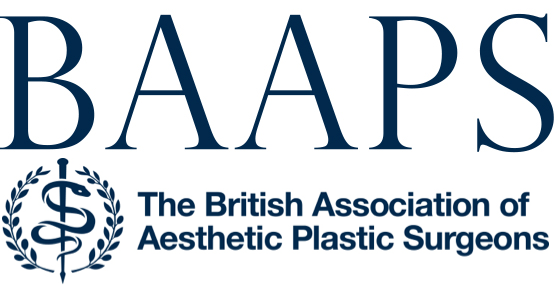-
Views
-
Cite
Cite
Toni D Pikoos, Ben Buchanan, David Hegarty, Susan L Rossell, Development of a Preoperative Psychological Screening Tool: Piloting the Cosmetic Readiness Questionnaire (Pilot-CRQ), Aesthetic Surgery Journal, Volume 45, Issue 2, February 2025, Pages 202–207, https://doi.org/10.1093/asj/sjae187
Close - Share Icon Share
Abstract
Patients with psychological risk factors such as body dysmorphic disorder (BDD) and unmanaged mental health concerns are considered at higher risk for dissatisfaction with aesthetic procedures. Identifying these risks before a procedure may decrease the chance of adverse outcomes for patients and practitioners.
In this study we aimed to develop a comprehensive psychological screening tool to assess patient's psychological suitability for surgical and nonsurgical aesthetic procedures.
Items for the Pilot Cosmetic Readiness Questionnaire (CRQ) were developed by psychologists (n = 3) and then reviewed by plastic surgeons (n = 2) and nonsurgical cosmetic doctors (n = 3). Patient interviews (n = 15) and piloting of the questionnaire (n = 69) provided data regarding the scale's initial psychometric properties.
Results supported the reliability and validity of the Pilot-CRQ's subscales of Body Dysmorphia, Psychological Distress, Self-Criticism, Perfectionism, and Lack of Openness. Lack of Openness was a validity scale that examined the degree that respondents might be underreporting symptoms. The CRQ predicted individuals with a BDD diagnosis, as rated by a blinded expert clinical psychologist, with high sensitivity and specificity.
These results provide support for the Pilot-CRQ identifying people with BDD and psychological factors related to aesthetic treatment outcomes and provide a strong basis for employing the CRQ in clinical contexts and in future research.







